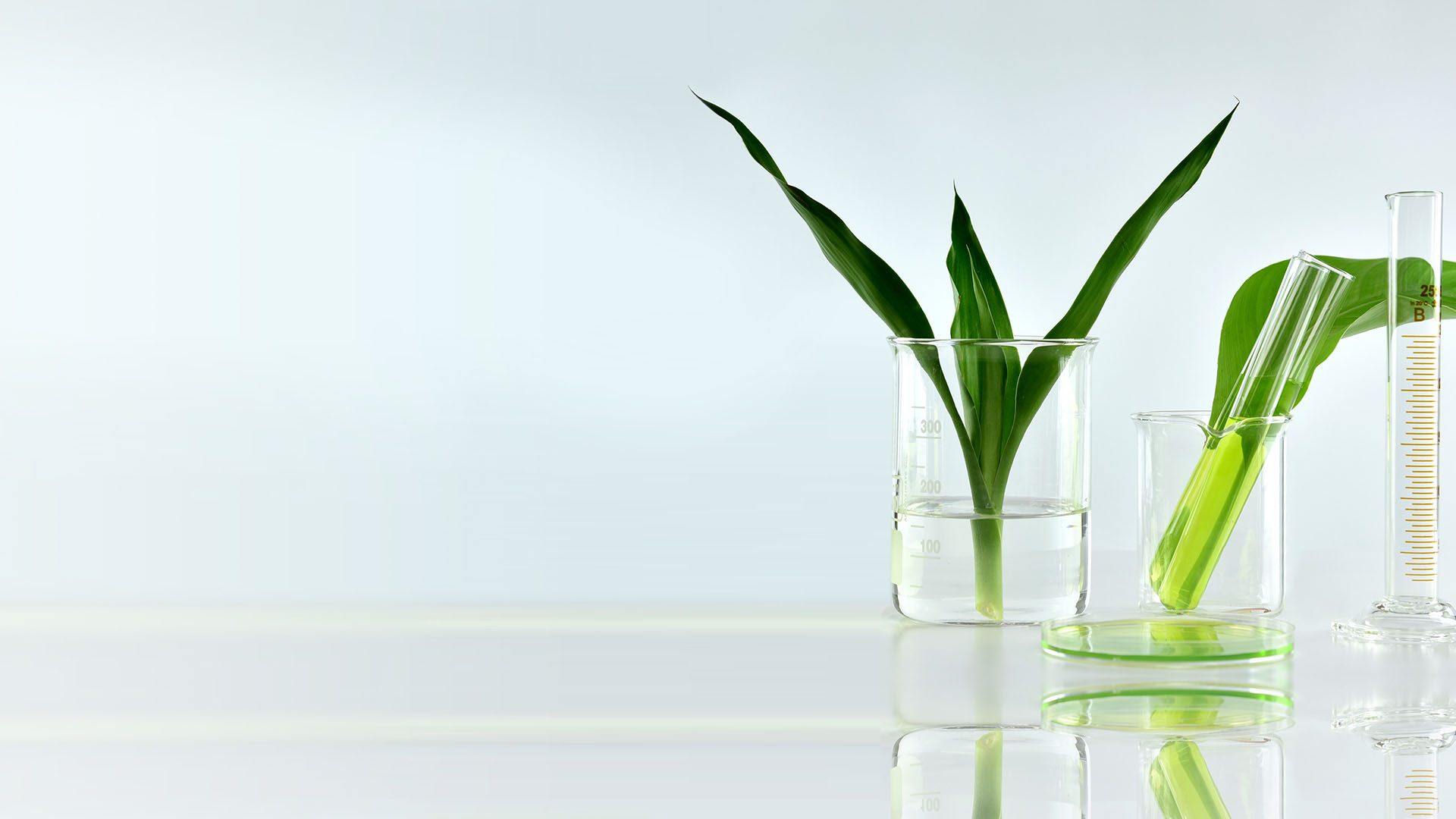Flames flare up and for several seconds the bodies shake and seem to perform a grotesque sort of jumping dance. I follow the carcasses that, swinging from their hooks, and bleeding abundantly, are directed towards “hell”. That's how I denoted the next room. This one is high and black, full of smut, stench, and smoke. After several bends during which the blood continues to flow into pools, the row of pigs arrive at a kind of enormous oven. It's here that the pigs' bristles are eliminated. The animals' bodies plunge into a crater in the interior of the machine. One can see inside. Flames flare up and for several seconds the bodies shake and seem to perform a grotesque sort of jumping dance. They are then taken to the other side on a large table where butchers remove the remaining bristles, scrape the eye-sockets and separate the trotters. All this happens very rapidly: work on a conveyer belt. Hanging from hooks by the tendons of their back legs, the dead animals are then directed towards a metal flatbed containing a kind of flame-thrower. In the deafening noise, the body of the animal is subjected to a jet of flames which, in the course of a few seconds, envelope it entirely. The conveyor belt then moves on again and transports the body into the next hall, the same one in which I found myself during the first three weeks. There, the organs are removed and placed onto another conveyor belt higher up. The tongue is examined, the tonsils and the oesophagus severed and thrown away, the lymphatic ganglions cut, the lungs put in the waste, the tracheal artery and the heart opened, the samples for the trichina analyses taken, the gall bladder pulled out and the liver examined for any sign of the presence of worms. Many pigs have worms and if their livers are full of them, it must be thrown away. All the other organs, like the stomach, the intestines, the genitals, are scrapped. On the lower conveyor belt, the rest of the body is prepared: divided into pieces; the articulations cut, the anus, the kidneys and the fatty parts surrounding the kidneys taken out; the brain and the spinal chord removed, etc., and finally a mark is imprinted on several bodies that are prepared, weighed and transported towards the cold room. The animals judged unfit for consumption are “provisionally confiscated”. The marking is a difficult operation for the newcomer because the warm, sticky carcasses hang very high up at the end of the line and care must be taken that the dangling animals don’t knock the workers out.
I have the feeling that this decay and its stink will accompany me for eternity. I want to run away, far away I can't say how many times my gaze strays to the wall clock in the staff room. But it's certain that there is no other place on earth where the time passes more slowly than it does here. A break is granted in the middle of the morning, and with a sigh of relief I rush to the toilets and do my best to clean myself of the blood and chunks of flesh; it seems as if these stains and this smell will cling to me for ever. Get out, just get out of here. I am unable to eat the smallest mouthful of food in this building. Either I spend my break-time, as cold as it may be outside, running around the perimeter fence, where I regard from afar the fields and the beginning of the woods and watch the crows. Or else, I cross the street and go to the shopping centre where I can warm myself up by drinking a coffee in a small baker's shop. Twenty minutes later – back at the production line. Eating meat is a crime. Never again will I be able to accept those people who eat meat as my friends. Never, never again. I think that all those who eat meat should be sent here, and be made to see what happens, from the beginning to the end. In the supermarket, this piece of meat in its neat package mo longer has eyes filled with pure terror. It does not scream any more.
I am not in this position because I want to become a vet, but because people insist on eating meat. And not only that: It is also because they are cowards. Their escalope, whitened, sterile, purchased at the supermarket, no longer has eyes that pour tears of fright before death, it no longer screams. All of those who consume these corpses of shame take great care not to face reality: “Really, I cannot watch things like that”.
One day, a farmer came and brought meat samples to be analysed for trichina. His small son who was with him pressed his nose against the window. I thought that perhaps if the children could see all this horror, all these animals being killed, then perhaps we could hope that things might change. But I can still hear the child call out to his father: “Daddy, look over there! What an enormous saw!”
That evening, a television report talked about a “Mystery still unresolved of the young girl who was murdered and cut into pieces.” I remember the general outcry and the disgust of the population in the face of this atrocity. I say: “The same atrocities, I've seen 3,700 of them in just one week in the abattoir.” Now, I am not only a terrorist, but I am also sick, up there, in my head. Because I feel not only terror and revulsion towards a murder committed upon a human being, but also towards those committed thousands of times upon animals, in one single week and in one single abattoir. Being human, doesn't that signify saying no and refusing to be a silent partner in murder on a grand scale, for a piece of meat? Strange new world. It is possible that the tiny calves inside their mothers' torn uteruses, dead even before they were born, had the best deal of all.
In one way or another, the last of these interminable days has finally arrived and I have received my training certificate, a scrap of paper, for which the price paid was so high. I have never paid so much for anything. The door closes behind me; a timorous November sun accompanies me from the heart of the abattoir as far as the bus stop. The cries of the animals and the sound of the machines fade. I cross the road as a large wagon transporting animals rounds the bend to enter the abattoir. It is filled on two levels with pigs, crammed one against the other.
I leave without a backwards glance because I have borne witness and, at present, I want to try to forget and to continue to live. It is up to others to fight now; myself, it is my strength, my will, and my joy of living that have been taken away from me and replaced by a sentiment of guilt and paralysing sadness. Hell is amongst us, thousands and thousands of times, day after day.
There is one thing left however, and for ever, for each one of us to do. Say, “No!”
“No, no and no again!” (Here ends the report by Ms Haupt)










